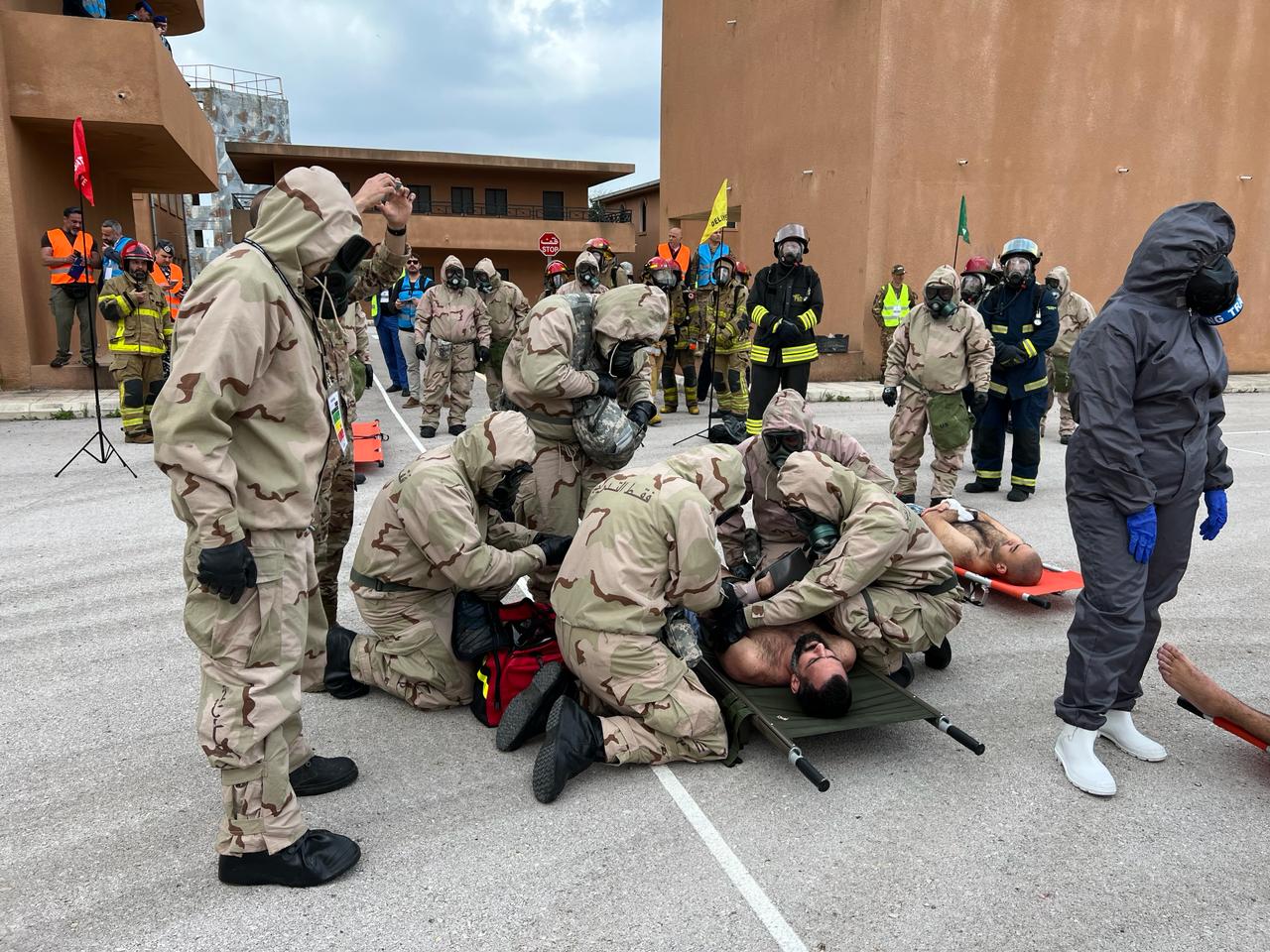ARZ 2023 exercise was held in Beirut, Lebanon

The International Science and Technology Center assisted in the design and supported a recent field exercise in Beirut, Lebanon focusing on countering chemical, biological, radiological and nuclear, or CBRN, terrorism. Named for the cedar tree symbol associated with Lebanon, the ARZ 2023 exercise was conducted from March 4 through 7. The Lebanese Government, through its CBRN National Action Plan spanning 2023 to 2028, also received significant support from different international organizations, chiefly the European Union’s Chemical, Biological, Radiological and Nuclear Centers of Excellence Initiative, or the EU CBRN CoE, and the United Nations Interregional Crime and Justice Research Institute (UNICRI).
Lebanon has experienced two notable incidents related to mass CBRN exposure – the explosion at the Port of Beirut in 2020 and the worldwide COVID-19 pandemic. Additionally, to generally combating CBRN terrorism and threats in Lebanon, specific field exercise objectives include developing and promoting governmental interagency coordination; enhancing capacity to sample and identify CBRN materials; improving medical treatment in the aftermath of CBRN incidents, with a focus on mass casualties; and, reinforcing law enforcement and national security capacity to investigate incidents involving CBRN materials.
The ARZ 2023 field exercise earlier this month, involving participation of the Lebanese Armed Forces, the Internal Security Forces, the Red Cross, the Lebanese Atomic Energy Commission and the Beirut Fire Brigade, among other organizations, addressed two primary scenarios – a seaport terrorist attack in a cargo loading area and terrorist attacks against a high-visibility event at a public place where citizens gather. The four-day exercise at the Aramoun Training Village was led by Lebanon’s National CBRN Coordinator, Dr. Bilal Nsouli, and is also supported by the number of international organizations such as the International Atomic Energy Agency, Interpol and the League of Arab States who acted as field exercise evaluators and observers.

